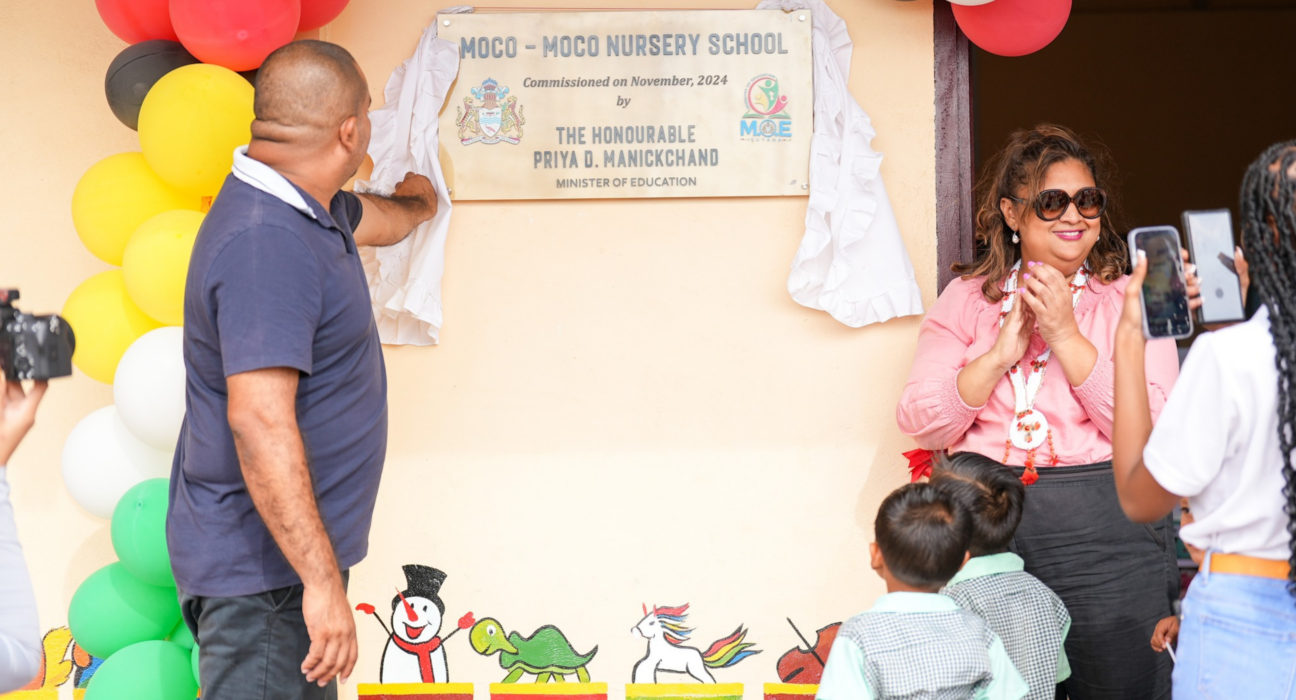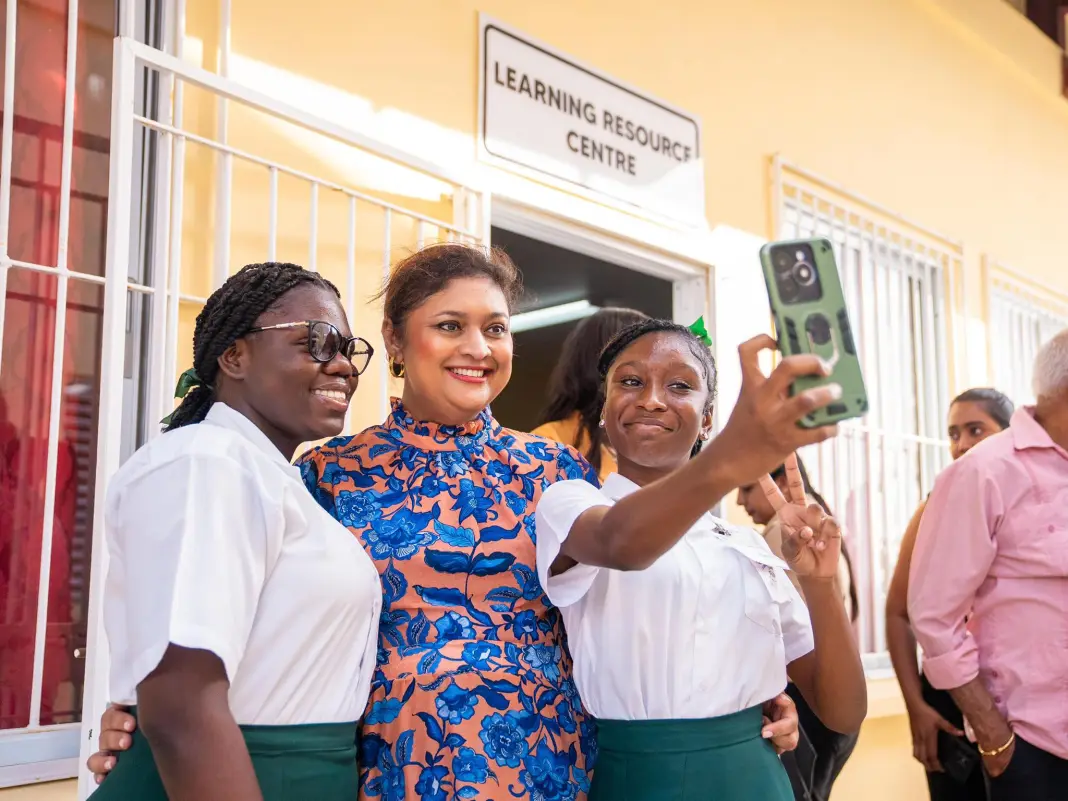The issue of women’s rights and their general welfare in recent years have gathered momentum in almost every society and rightly so because for too long women across the globe have been viciously exploited, abused and treated virtually as slaves. And this has been happening for centuries and even during this so called modern civilisation.
One of the earliest passionate proponents of women’s rights and equality was the leader of the Bolshevik revolution, V.I. Lenin. One may disagree with his political ideology but his vision and profound thoughts on many socio-economic issues are still relevant today and women’s rights, equality and the role of women in development are certainly among them.
He had always stressed that the emancipation of any society has to be measured by the level of emancipation of women within that society.
He declared: “Women’s incipient social life and activities must be promoted, so that they can outgrow the narrowness of their philistine, individualistic psychology centred on home and family … In the sphere of sexual relations and marriage, a revolution is approaching … There can be no real mass movement without the women.”
On the occasion of International Women’s Day he said: “The working woman and the peasant woman are oppressed by capital, but over and above that, even in the most democratic of the bourgeois republics, they remain, firstly, deprived of some rights because the law does not give them equality with men; and secondly – and this is the main thing – they remain in “household bondage”, they continue to be “household slaves”, for they are overburdened with the drudgery of the most squalid, backbreaking and stultifying toil in the kitchen and the family household.” V.I.Lenin, March 4, 1921.
These exhortations were made way back in the early 21st century but as has been acknowledged by nearly every government, social and international organisation the injustices and exploitation being faced by women are yet to be comprehensively addressed and resolved.
Earlier this month,senior United Nations officials at a round-table discussion, stressed the need to promote the participation of women in decision-making, noting that democracy and gender equality are interlinked and mutually reinforcing.
“While women’s political participation improves democracy, the reverse is also true: democracy is an incubator for gender equality,” Secretary-General Ban Ki-Moon said in his remarks at a roundtable held at UN Headquarters on gender equality and democracy.
He told participants at the event, which included representatives from various UN departments and entities, as well as the International Institute for Democracy and Electoral Assistance that one needs to look no further than the daily headlines to see the timeliness of today’s gathering.
Noting that gender inequality in decision-making remains a great impediment to democracy, the Secretary-General said more must be done to address the gender gap in democratic participation.
“Certainly there has been important progress. More women, in more countries, are taking their place in parliament,” he stated.
“Yet fewer than 10 per cent of countries have female heads of state or government. Fewer than 30 countries have reached the target of 30 per cent women in national parliaments.”
The UN Secretary General has indeed put it succinctly and it is very clear that much more has to be done to ensure that women not only play their traditional roles but they are integrally involved in the decision-making and developmental processes
Here in Guyana herculean efforts are being made to overcome centuries of prejudice, exploitation and abuse of women. Herculean efforts are necessary because in the not too distant past very little was done to address this deep- seated ill in our society which has become even more complicated because of the current dynamics.
In this regard, those who have been responsible for the successful hosting of the most innovative female exposition “Feminition,” must be applauded and congratulated for successfully staging this wonderful extravaganza.
Source: https://guyanachronicle.com/2011/05/30/promoting-womens-rights-and-equality



